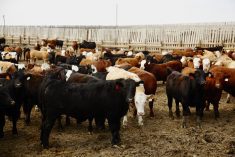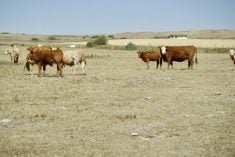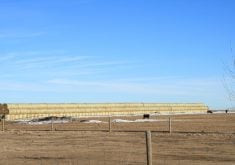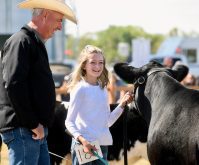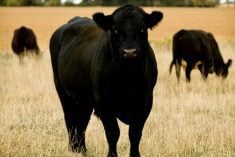Now that it’s fall, things are getting crisper, and prices are still strong — but it’s time to think about the next season. As with farming and ranching, it is difficult to predict or anticipate what the next season will bring in the political world, but the Canadian Cattle Association (CCA) is staying ahead and forging relationships to cover all bases as we continue to advocate for our beef producers.
We wrapped our annual Parliamentary Fall BBQ in Ottawa in September with a good crowd. We don’t know what kind of political weather we’ll be seeing, but spending time cultivating and conversing with officials will help us with our advocacy efforts no matter who is at the helm on the Hill.
Looking even further back over the summer, The Canadian Food Inspection Agency’s (CFIA) request for proposal to provide foot- and-mouth disease vaccine doses is a positive step toward preparedness. We hope to never need to use it, but having a vaccine bank in place is critical to protect Canada’s beef producers. If foot-and-mouth disease occurred in Canada, having a vaccine would minimize spread and expedite a return to normal trade. CCA continues to advocate to the Government of Canada, along with other stakeholders, to ensure the foot-and-mouth disease vaccine bank is fully established as soon as possible.
Read Also
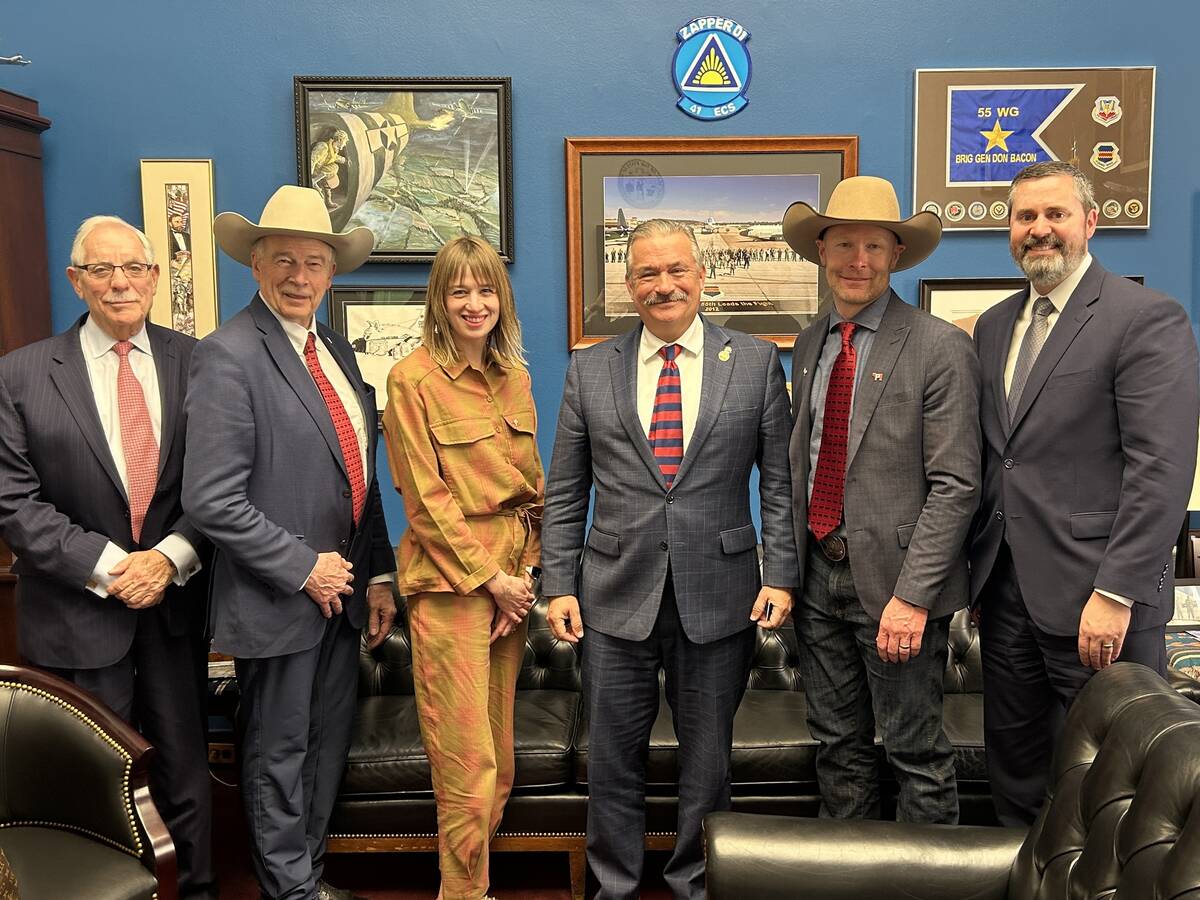
Advocating for Canadian cattle producers in the United States
Canadian Cattle Association president writes about how the association advocates for Canadian beef producers within the U.S.
In late September, the UN General Assembly held a high-level meeting on antimicrobial resistance for the second time during its 79th session (UNGA 79) in New York. Drug-resistant infections know no borders, meaning no single country can respond to antimicrobial resistance alone. This meeting was an important opportunity for world leaders to collectively address the looming threat antimicrobial resistance poses — and an opportunity to highlight what the Canadian beef industry is already doing proactively to maintain animal health and how producers responsibly use antibiotics.
CCA was part of an online awareness campaign by Animal Health Canada ahead of this international meeting to advise global influencers and bureaucrats of the advances our industry and other partner industries have made and continue to make on the responsible use of antimicrobials on-farm. CCA’s stance is this: One of the best ways to reduce the use of antimicrobials is to ensure Canadian farmers and veterinarians have access to the widest, and most varied, range of veterinary tools possible. This includes alternatives to those antimicrobials currently approved for use in Canada, and tools from other categories, such as veterinary health products, feed and water additives, vaccines, parasiticides and pesticides that help maintain animal health, and livestock feeds.
CCA and its industry partners are committed to working with government to address these barriers and improving access to these critical tools, while working to improve on-farm stewardship and use of antimicrobials.
And finally, we are in the final development stretch of the next five-year national beef strategy and have solicited provincial beef producers — via their provincial organizations — for input on the strategy. It is an honour to be appointed as the 2024-25 chair of the Beef Advisory Group leading the strategy, and we continue to be inclusive with our consultations to ensure the entire Canadian beef industry is represented and benefits from our collective efforts. Setting goals and a framework for how we will all work together in a united way is critical for the expansion of our industry to meet the growing demands for Canadian beef.
I do know our quality Canadian beef is still what the world wants and there’s nothing more we need right now than herd growth, strong prices and a decent fall and winter season to pull us through to spring.
I know Mother Nature plays a role, as do regulations and trade issues. But as long as we focus on what we can control, CCA is in a pretty good place to move regulatory roadblocks and help you to tell the world the good news story about Canadian beef and the hard work and dedication that goes into producing it.




